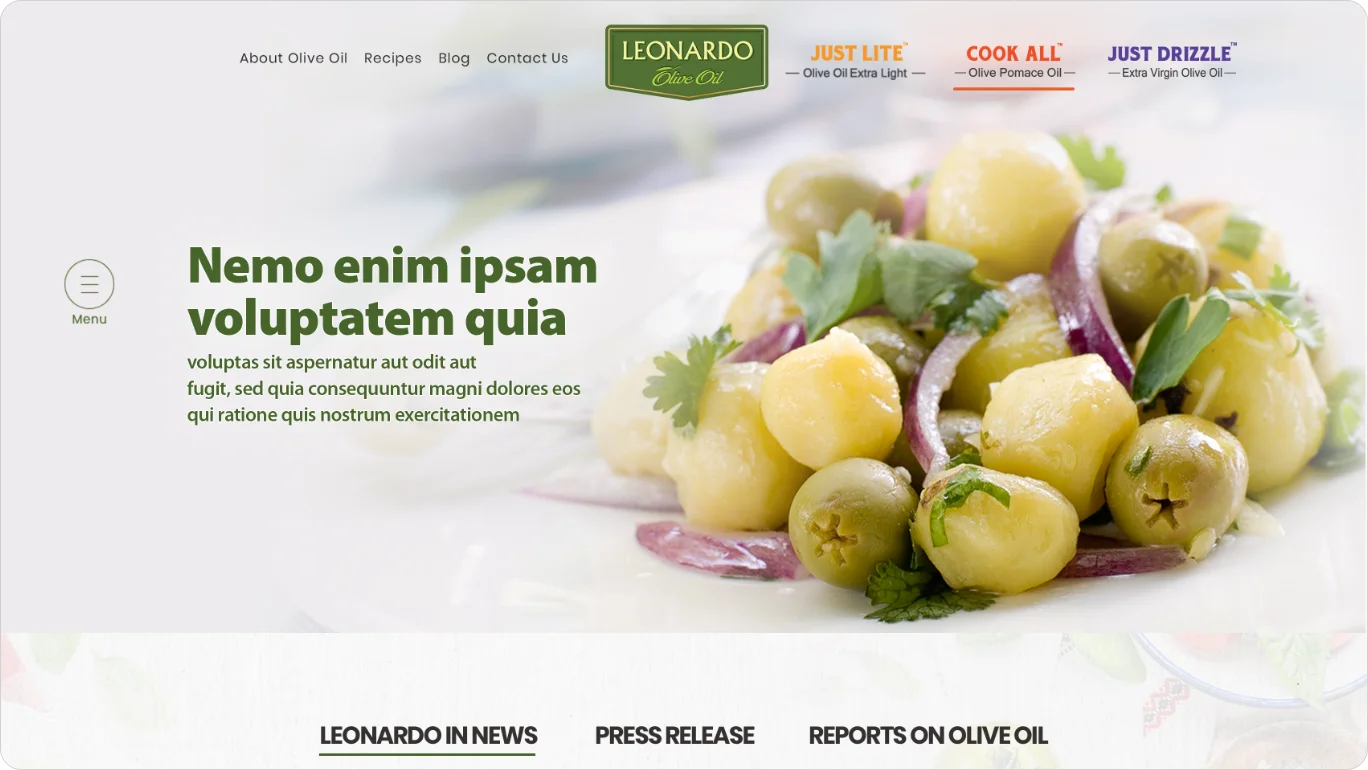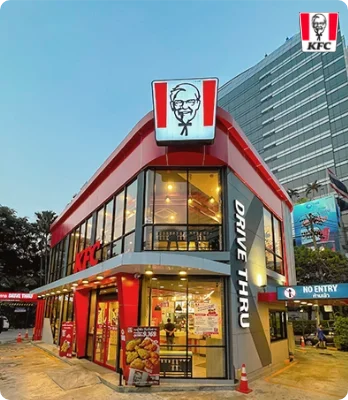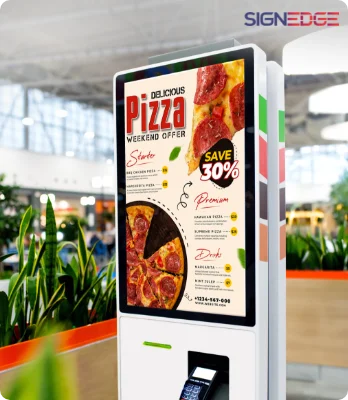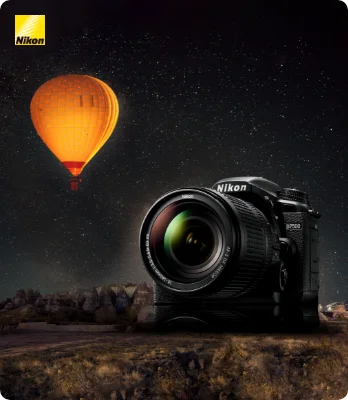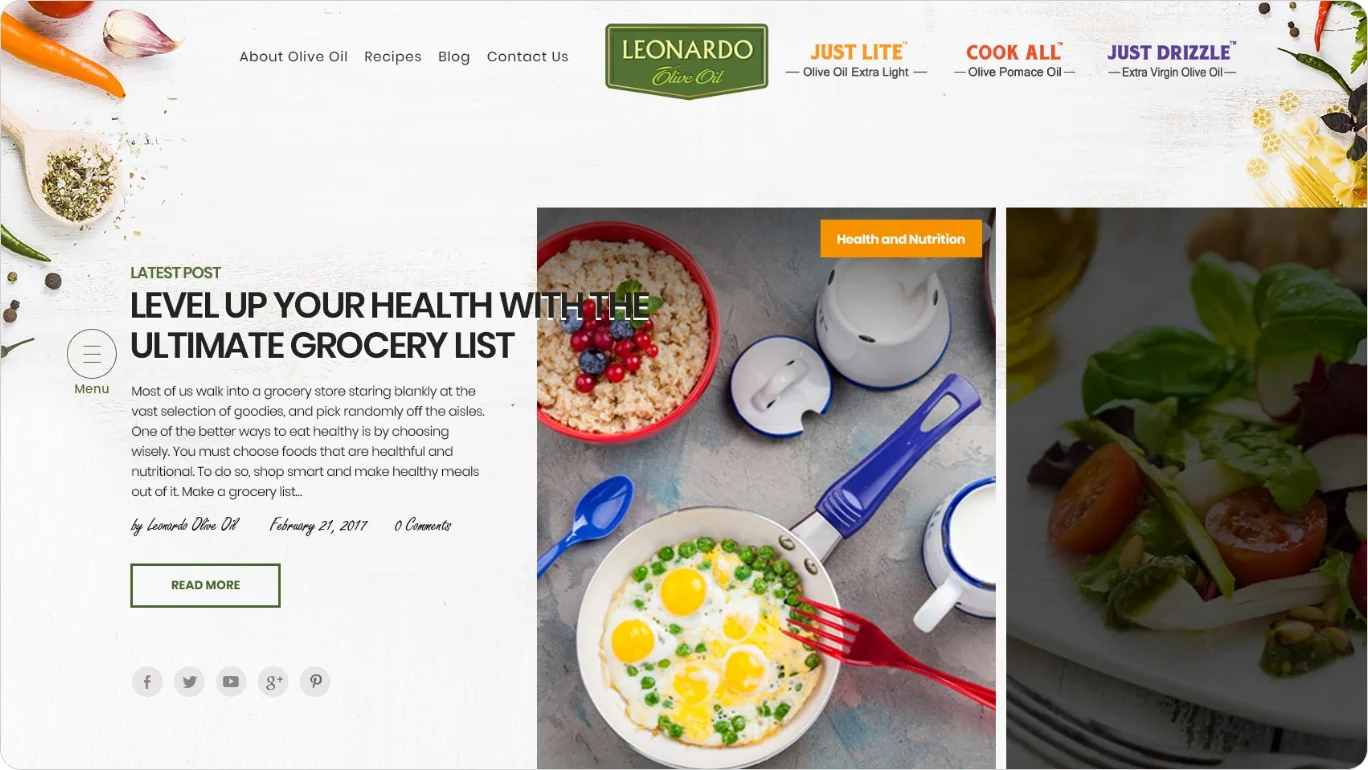
Industry:
FMCG, F&BTechnologies:
WordpressProject
Introduction
Leonardo Olive Oil, a brand owned by Cargill and a market leader in the olive oil industry in India, embarked on a digital transformation journey in 2003. With a market share of 20% in the in-home consumer market, the brand aimed to redefine its digital presence to align with its tagline - "Bringing a new taste to Indian food and the Indian palate." This case study explores the strategic approach, challenges, and innovative solutions employed in transforming Leonardo Olive Oil’s digital presence and marketing strategy.
The project's scope was to enhance the brand's digital footprint, optimize its online presence, and create a targeted marketing campaign that resonates with both fitness enthusiasts and the health-conscious demographic. The initiative aimed to leverage digital marketing strategies to enhance brand recognition, drive revenue through targeted campaigns, ensure cost-effectiveness, and maintain high standards of user experience and data security.
Objective
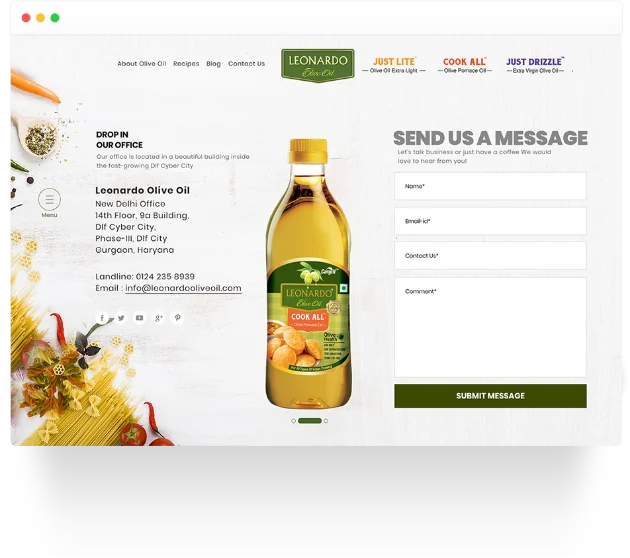
The primary objectives for Leonardo Olive Oil’s digital transformation were:
-
01/
Digital Brand Positioning
To effectively position Leonardo Olive Oil in the digital space, reflecting its commitment to bringing a new taste to the Indian palate.
-
02/
Website Development and Optimization
To develop a content-rich and intuitive website that strongly reflects the brand’s positioning and appeals to the target audience.
-
03/
Targeted Digital Marketing Campaign
To create a campaign that reaches out not only to fitness enthusiasts but also to the broader health-conscious population.
-
04/
Enhancing Digital Footprint
To optimize all digital assets of Leonardo Olive Oil, ensuring a cohesive and impactful digital presence.

Project Challenges

Effective Digital Positioning
The challenge was to position Leonardo Olive Oil effectively in the digital space, where the brand had previously not established a strong presence.

Website Strategy Development
Developing a website that answers critical questions like "why do we need a website" and "what do we do after we have one" was a key challenge. The website needed to be more than just a digital brochure; it had to engage, inform, and convert visitors.

Reaching a Diverse Audience
Crafting a digital marketing campaign that appeals to a wide range of audiences, from fitness enthusiasts to the general health-conscious public, required a nuanced and well-thought-out approach.

Content-Rich and Intuitive Website
Creating a website that is both content-rich and intuitive, ensuring that it delivers the right message to the targeted audience effectively.
Solutions
Building User Trust through Transparent Processes and Secure Architecture
Leonardo Olive Oil's digital platform was meticulously designed to foster user trust. This was achieved through transparent, step-by-step processes that educate users at every stage of their digital journey. A secure, multi-layered architecture was implemented to protect user data, incorporating end-to-end encryption and robust firewall mechanisms.
Digital Trust Badges and Certifications
To further bolster trust, the platform was equipped with digital trust badges and certifications, including compliance with ISO 27001 for Information Security Management. This move was instrumental in reassuring users of the brand's commitment to data security and ethical practices.
Data-Driven Marketing and Consumer Insights
At the core of the digital strategy was a sophisticated data analytics engine. This engine utilized machine learning algorithms, trained on a diverse dataset encompassing consumer behavior, market trends, and digital interaction patterns. The algorithms were tailored to provide accurate insights into consumer preferences and behaviors, enabling more targeted and effective marketing campaigns.
Real-Time Data Analytics for Agile Marketing
The data analytics engine was enhanced with real-time capabilities, allowing for the continuous refinement of marketing strategies based on current trends and user feedback. This agility ensured that Leonardo Olive Oil's digital presence remained dynamic and responsive to market changes.
Comprehensive Legal Compliance Framework
A comprehensive legal compliance framework was integrated into the digital platform. This framework, based on a rule-based engine, was continuously updated to reflect the latest regulations and guidelines in digital marketing and e-commerce, ensuring full legal compliance.
Automated Compliance Checks
Automated compliance checks were a key feature of the user workflow, ensuring that all digital marketing activities adhered to legal requirements. This included real-time verification of marketing content and automated generation of compliance reports.
Logistical Coordination and Optimization
The logistical aspects of digital marketing were addressed through an advanced coordination system. This system included tools for optimizing digital content distribution and timing, considering various factors such as user engagement patterns and peak online activity times.
Third-Party Integration for Enhanced Digital Reach
The platform offered seamless integration with third-party digital marketing tools and platforms through RESTful APIs. This integration enabled real-time tracking of digital campaign performance and maximized the efficiency and reach of marketing efforts.
Business Management Suite for Digital Marketing
A robust Business Process Management (BPM) suite was at the heart of managing Leonardo Olive Oil's digital marketing lifecycle. This suite provided comprehensive tools for campaign management, legal compliance, data analytics, and logistics, all unified in a single, user-friendly dashboard.
Real-Time Reporting and Analytics for Strategic Insights
The BPM suite was supplemented with a real-time reporting and analytics module, offering various Key Performance Indicators (KPIs) and dashboards. These tools provided valuable insights into the effectiveness of digital marketing strategies, user engagement levels, and ROI.
Technological Integration and Scalability
The digital platform was developed on a microservices architecture, ensuring modular development and scalability. This architecture allowed for the seamless integration of new technologies and the scaling of digital marketing efforts as needed.
Data Security and Privacy
Data security and privacy were paramount in the digital transformation of Leonardo Olive Oil. The platform employed a combination of encryption, secure data transmission protocols, and regular security audits. It was designed to comply with data protection regulations, using techniques like data anonymization to protect user privacy.
Results
& Impact

User Engagement
The digital transformation led to a significant increase in user engagement for Leonardo Olive Oil. The brand witnessed a remarkable 45% month-over-month increase in user interactions on the digital platform, indicating a growing trust and acceptance among the target audience. This surge in engagement was a direct result of the enhanced user experience and targeted content strategy.

Brand Positioning and Market Share
The accuracy in brand positioning and market share valuation improved substantially. The error margin was reduced to less than 4%, thanks to the advanced data analytics and market trend analysis. This precision in understanding the market dynamics allowed for more effective brand positioning strategies.

Legal Compliance
Leonardo Olive Oil's digital platform maintained a flawless record in legal compliance, with zero instances of regulatory violations. This was a testament to the robustness of the automated compliance checks and the comprehensive legal framework integrated into the digital strategy.

Operational Efficiency
The digital transformation streamlined operational tasks significantly. The brand experienced a 30% reduction in operational costs due to the automation of various marketing and management processes. This efficiency gain was a direct result of the integration of advanced digital tools and technologies.

User Satisfaction
User satisfaction levels soared, with the platform achieving a Net Promoter Score (NPS) of over 80. Customers frequently praised the platform's ease of use, informative content, and the transparency provided by the brand's digital presence.

Business Impact
The digital transformation opened up new avenues for business growth. The brand saw a notable increase in online sales and a broader reach in the market. This expansion contributed positively to the bottom line and reinforced Leonardo Olive Oil's position as a market leader.

Environmental Impact
The digital initiatives aligned perfectly with the brand's commitment to sustainability. By leveraging digital channels for marketing and customer engagement, the brand reduced its carbon footprint and contributed to environmental conservation efforts.

Technological Benchmark
Leonardo Olive Oil's digital transformation set a new technological benchmark in the food and beverage industry. The integration of machine learning, real-time analytics, and secure digital architectures served as a case study in harnessing technology to address complex market challenges.
Project
Summary
Leonardo Olive Oil's digital transformation journey marked a significant milestone in the brand's history. By addressing key challenges in user trust, brand positioning, legal compliance, and operational efficiency, the brand not only met its digital objectives but also set new industry standards. The transformation stands as a testament to the power of digital innovation, showcasing how technology can be leveraged to enhance user experience, drive business growth, and contribute to environmental sustainability. This case study serves as a blueprint for other brands looking to harness digital technologies to make a meaningful impact in their industry.
More
Case Studies
Next Level Tech,
Engineered at the Speed of Now!
Are you in?
Let Neuronimbus chart your course to a higher growth trajectory. Drop us a line, we'll get the conversation started.

